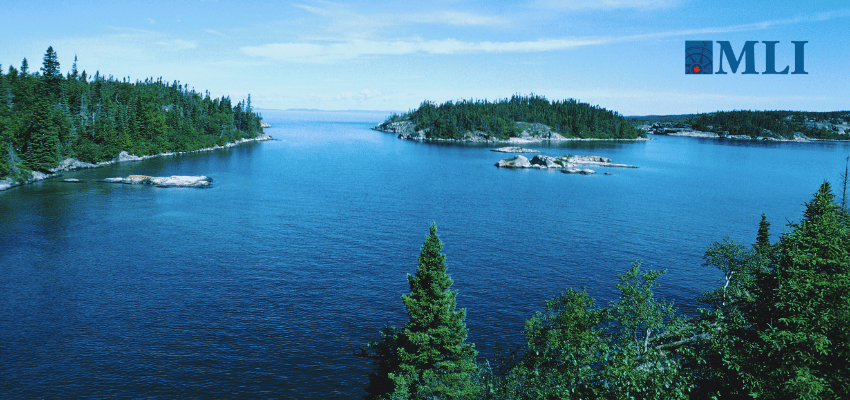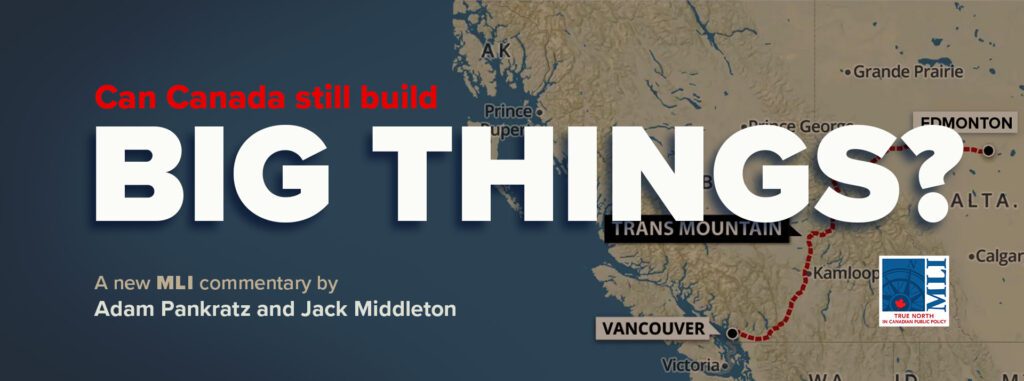This article originally appeared in National Newswatch.
By Ken Coates and Karen Restoule, August 16, 2024
Intergenerational economic trauma is a real thing, defining and restricting the personal futures of many Indigenous peoples and low-income Canadians. Because this country truly believes that it creates a rough equality of opportunity, we have far too little discussion of entrenched inequality, particularly when it has a racial or ethnic connection.
Consider two disparate patterns working out in Canada at present. First, middle- and upper-class Canadians are part of the largest intergenerational wealth transfer in human history, as baby boomers pass on the homes, savings, and stocks to their children and grandchildren.
At the same time, extremely few Indigenous peoples have any opportunity to participate in these family wealth-building and wealth-sharing exercises, deepening the financial gap between Indigenous peoples and Canadians. Few can leverage the value of holdings on reserve to advance themselves economically.
Poverty is such an entrenched feature of Indigenous life in Canada — itself a creation of deliberate government policy, long-term discrimination, and historical marginalization — that the implications are seldom examined. Indigenous communities in rural and remote areas were long barred by geography from meaningful economic opportunity. Even if they went to residential school or relocated to a major town or city, few Indigenous peoples found prosperity.
The Indian Act imposed even more constraints. When non-Indigenous peoples, including newcomers, were owning farms, starting businesses or joining the professions and establishing a foundation of generational wealth, Indigenous peoples could not start a business, establish a big game guiding operation, own property, attend university, become a doctor, practise law, get a personal loan, or otherwise participate in the broader Canadian economy.
The financial foundations for thousands of people in 21st century Canada were set many decades ago, pursuing economic avenues from which Indigenous peoples were legally or practically barred.
If First Nations members remained on reserve, they could occupy a house, typically built by the government of Canada, and they might even be able to own the building. But the land was owned by the federal government, held in trust for the First Nation. They could not borrow against the value of the land or hope to get a competitive return for their house when sold.
Given that real estate is the primary means families can build wealth in Canada, the exclusion of First Nations and most rural and remote Indigenous peoples from the private real estate market had major multi-generational implications.
Recall, too, that the government of Canada managed an enfranchisement process, in which First Nations could be removed from the band rolls and granted full, as in non-Indigenous, Canadian citizenship. Although the system was used only a small number of times, the policy reflects the reality that official government policy assumed that wealthy or economically independent Indigenous peoples would not remain on the First Nations membership rolls.
In the eyes of the government of Canada, to be Indigenous was, almost automatically, to be poor. For generations, and even now to this day, most Indigenous political leaders did not have formal pensions, relying on their savings to get through their retirement years.
Conditions have changed, although opportunities to build personal wealth through on-reserve property investment remain limited. There are more professional and business people than there were 50 years ago. Canada is not yet fully ready for rich First Nations, Metis and Inuit peoples, but there are a growing number of genuinely wealthy Indigenous people in this country.
More money is coming into Indigenous hands, primarily from compensation agreements, legal settlements, and the remarkable expansion of collective capitalism, particularly through Indigenous economic development corporations.
It is not known how this money, like residential school payments to former students, is working its way through personal and family accounts. It is clear that, despite the multibillion-dollar price tags for some of the settlements, as in the Robinson Treaties agreements, whole communities are being denied the benefits from regional economic development.
The multi-generational challenges facing Indigenous peoples are not unique. There is a large group of people — much larger than most Canadians admit — who share a similar economic fate of Indigenous peoples, barred by political alienation, regulatory restrictions, and economics from a decent chance at the great intergenerational wealth transfer.
Many non-Indigenous residents in rural parts of the country, such as Atlantic Canada, have few opportunities to build family wealth. As well, new Canadians who arrived without wealth or advanced education (or whose credentials are not recognized) often struggle to find their feet economically.
Some escape the lead shoes of family poverty through exceptional hard work and family sacrifice, entrepreneurship, luck or the good fortune of purchasing a house in Toronto or Vancouver before housing prices skyrocketed.
Of course, these folks have not been forced to live under the continuing constraints of the Indian Act or the decades-long weight of federal paternalism directed at Indigenous peoples.
Despite successes, Indigenous peoples and their local economies will continue to be constrained as long as paternalistic policy is enabled. Unless the country finds a way to move, constructively, toward greater Indigenous wealth creation and widespread community prosperity in general, the current problem will simply continue in subsequent generations.
Ken Coates is a distinguished fellow and director of Indigenous affairs at the Macdonald-Laurier Institute.
Karen Restoule is a senior fellow at Macdonald-Laurier Institute and from Dokis First Nation.







